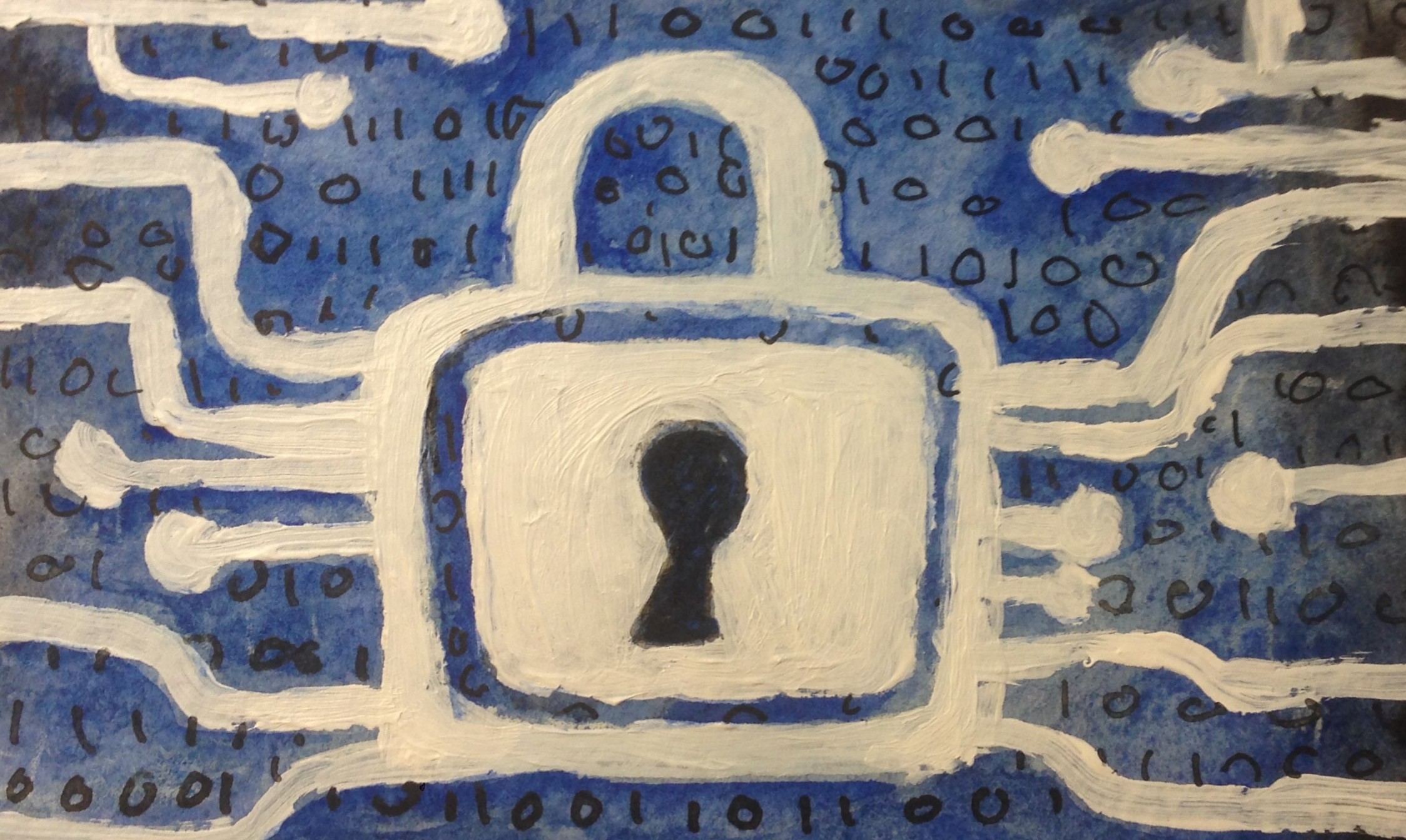The Internet was born in the United States as a project of the US Department of Defense and has always enjoyed a close relationship with its parent country. But recently, the United States has begun handing over one of the key functions of Internet governance — control of the Internet’s central directory — to an international body. This shift may seem just. After all, the Internet is a global piece of infrastructure. However, this devolution of control could have unsavory ramifications for online freedom worldwide, especially if the new structure is not transparent.
For now, the California-based nonprofit Internet Corporation for Assigned Names and Numbers (ICANN) manages an integral directory called the root zone. In essence, it’s the database containing all the names and addresses of the Internet’s top-level domains (TLDs). TLDs are what come after the dot in a domain name: “.org” or “.com” are common examples, but TLDs can also be country-specific, like Italy’s “.it,” or even profession-based, such as the rarely used “.plumbing” ending. The National Telecommunications and Information Administration (NTIA), a branch of the US Department of Commerce, contracts ICANN to maintain and distribute these TLDs and to decide whether to create new ones. Because of the global implications of this task, ICANN has long utilized the advice of international stakeholders in its decision-making process. Their advice will soon become institutionalized decision-making power. In March, NTIA announced intentions to transition control of root zone functions to an international, multistakeholder structure by 2015 — giving increased power to many of ICANN’s current advisors.
Both the NTIA and ICANN understood their relationship to be temporary, but some speculate that the National Security Agency (NSA) scandals prematurely ended it. The scope and severity of the scandals fed pre-existing international concerns. Fearing that the United States would use its control of Internet structures nefariously, several countries called for a transition to multilateral control. But the reality is that, despite the NSA’s questionable actions, the United States protects free speech online. The United States ranked fourth in watchdog organization Freedom House’s 2013 Freedom on the Net index. The US government’s administration over the Internet has been relatively noninterventionist, allowing for the web to become what John Dvorak, a technology columnist at PC Magazine, has called “essentially a free speech zone.”
Devolving authority to an international body may threaten that, especially considering the fate of former experiments in global Internet governance. The UN’s International Telecommunication Union (ITU) is an agency that coordinates the development of global telecommunications networks. The ITU came under fire in 2012 for its secretive world conference, where the group’s nearly 200 member states considered applying international telephone payment models to the Internet. The model threatened the Internet’s existence as a free space by encouraging popular sites to charge users for access. Due to the public outcry over leaked portions of the amendment, the proposal ultimately failed.
The ITU’s desire to model Internet regulation on older telecommunications systems, and the agency’s lack of transparency, are troubling. These problems foretell what could face an internationally controlled Internet. The structure of the ITU, with both government and nongovernment stakeholders from across the globe, is uncomfortably similar to the proposed multistakeholder system that will soon control the root zone.
The transition away from American jurisdiction indicates an uncertain future for an open Internet. Not everybody scored highly in Freedom House’s survey — Russia and China, which will be two of the strongest voices in the multistakeholder system, ranked 41st and 58th out of 60, respectively. Control of the root zone also presents unsettling possibilities for abuse. In 2011, despite resistance, ICANN approved the adult “.xxx” TLD, but there was enough backlash from puritanical states like Saudi Arabia and family-friendly corporations like Disney (unenthusiastic about the need to defensively buy Disney.xxx) to stymie efforts for seven years. If China can vote to ban sites like Tibet.com, or if Russia can claim regulatory control over all website names that use the Cyrillic alphabet, then some level of Internet censorship may be inevitable in the new system.
With the root zone under the control of NTIA and ICANN, these worries would continue to be negligible. ICANN’s current motto — “One World, One Internet” — has been best served with one nation at the helm. But if root zone control must be transitioned, the multistakeholder regime also must resist the whims of powerful stakeholders by continuing to preserve openness and freedom. The new system could do so, while avoiding the mistakes of the ITU, by creating a transparent platform with institutionalized mechanisms to process nonmember opinions. Such a system at least has a hope of preserving the unity promised in ICANN’s motto.
Art by Emily Reif.
